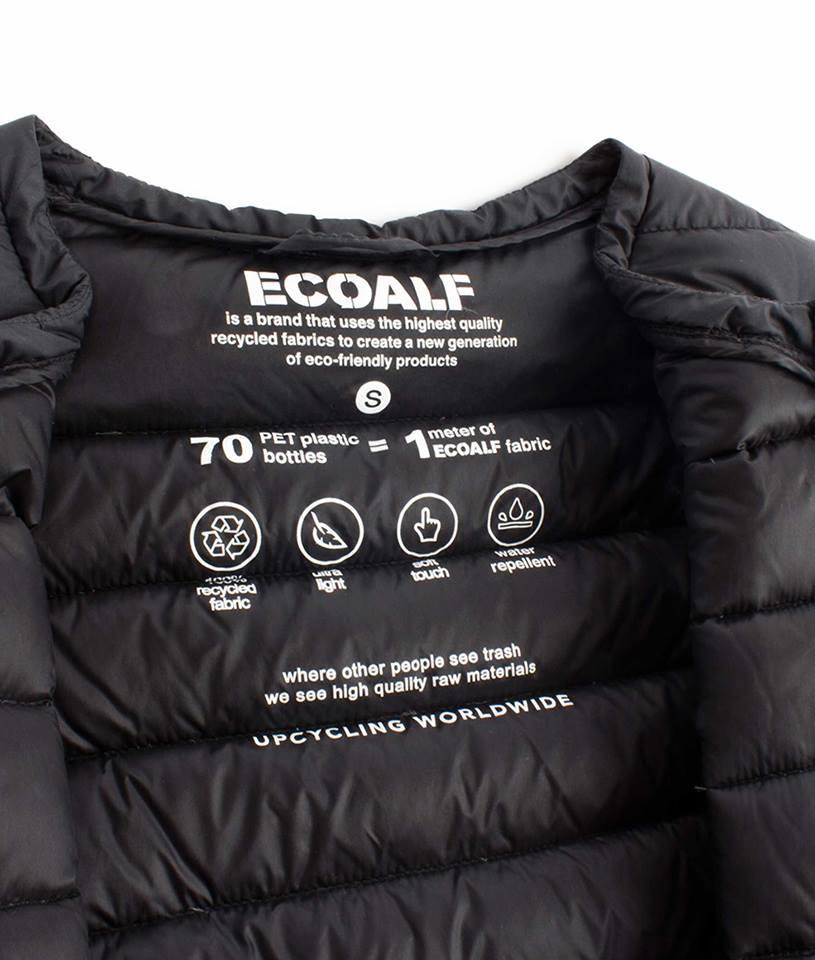
By Averill Brewer
There is something dignified about an individual who doesn’t care to air out his or her dirty laundry to anyone willing to listen. Concealing personal details can create a sort of tantalizing mysteriousness. For decades, firms have been able to keep their affairs moderately quiet and to appease the public’s curiosity through occasionally releasing PR-orchestrated details or reports about company relations. It’s not hard to maintain an opaque image as long as nothing too scandalous happens.
The Internet and social media, due to their viral propensity, have pretty much loosened the tight grasp on privacy that firms once held. Even if a company uses public relations and marketing to create a sleight-of-hand about the reality of its supply chains and operations, people still like to be fed that information. We’re nosy.
As a result, there is also something equally respectable about a business willing to bare it all to the public eye. Transparency, especially in the fashion industry, seems like a very vulnerable business tactic, unless, of course, you have nothing to hide. While not everyone may be that curious about the polyester suit they are purchasing, what it takes to make such a fabric, or how many chemicals were used to create that hue of blue, a company that wants to you to understand its relationship with that stuff definitely wins admiration.
Fashion companies that root their principles in sustainability and the circular economy from their conception are beginning to pop up globally. Below are three fashion brands that take varying approaches to transparently-led (sustainable) business strategies. In all examples, the company will be the first to admit that it doesn’t have everything perfect, and that kind of honesty rocks. Because the thing is: The more popular it becomes for companies to portray themselves transparently, the more stakeholders will demand producer responsibility and accountability from those that don’t.
You can only hide for so long. And if you’re just pretending, we’ll find out, too. In the end, damage control may be much more of an expensive hassle than getting it right the first time when it comes to sustainability, as Volkswagen recently displayed (with its 6.7 billion euro cost in recall fees, and the first quarterly loss in 15 years).
Reformation: Best All Around
Ladies … first and foremost: A woman named Yael Aflalo created Reformation in 2009, and 75 percent of the management team is now run by women.
Living by the statement that “fashion and sustainability coexist,” Reformation designs and manufactures most of its products in its own sustainable sewing factory in downtown Los Angeles. Certified B Corp? Check. Sustainable fabric sourcing? Check. Fair working conditions? Reduce, reuse, recycle as a waste-management policy? Low-impact transportation? Environmentally preferred purchasing policies across business offices and the use of recycled packaging? You know it. Literally, everything you could imagine checking off a checklist for positive sustainable business practices, Reformation has thought of and has incorporated into their business strategy.
One of the coolest programs about this company is RefRecyle, which was started because Americans throw away 68 pounds of clothing per person, per year. When you buy something online, the company includes a free RefRecyle shipping label. You can put it on a box and fill it up with whatever clothing you want to be recycled, and Reformation will take care of the rest.
The website is a steward of transparency. Read your heart out — you’ll want to — it’s extremely interesting. Click on the sweater you are interested in purchasing, and you will see a visual depiction of how much water was used in the process and how much CO2 was emitted to make that individual sweater. Genius. Side note: If Reformation is a bit out of your price range, check back for their seasonal sales.
ECOALF: Honorable Mention
This Spanish-based company plans to create the first generation of recycled products with the same quality, design and technical properties as the best non-recycled products, with an aim to show that there is no need to use our world’s natural resources in a careless way.
ECOALF sources plastic bottles that are cleaned and crushed vigorously and turned into plastic flakes, which is eventually converted into polyester fiber and then turned into a yarn. The “technical nutrient” system’s lovechild. Upcycle, baby!
Wearing plastic isn’t for everyone, but ECOALF has certainly created a selection of very handsome products, including: a selection of standard men's and women's down jackets (you can never have too many puffer jackets, right?), slick backpacks in shades of burgundy and deep navy, and shoes with soles made from re-purposed tires. Here you can read about other interesting processes used to make the company's products, exemplifying fashion industry transparency.
Aiayu: Honorable Mention
Founded by Maria Heilmann, Dutch company Aiayu values simplicity as the heart of its mission in fashion. The brand was created with just one material and one producer and strives to keep its concept simple and transparent.
Aiayu’s website provides pictures of the company’s value chain so that curious customers can understand the company’s processes like sourcing its raw material, fiber refinement, knitting, packaging, and shipping and transport. Additionally, it takes responsibility throughout the entire value change and ensures full transparency: The company only works with one manufacturer that covers the entire supply chain from sorting of fibers, dyeing, spinning and finishing. Simply wonderful.
Image credit: ECOALF via Facebook
Averill Brewer is a writer currently living in England. This autumn, she completed a master’s degree in international business with a focus in sustainable development. Feel free to email her at averill.brewer@gmail.com.
TriplePundit has published articles from over 1000 contributors. If you'd like to be a guest author, please get in touch!














